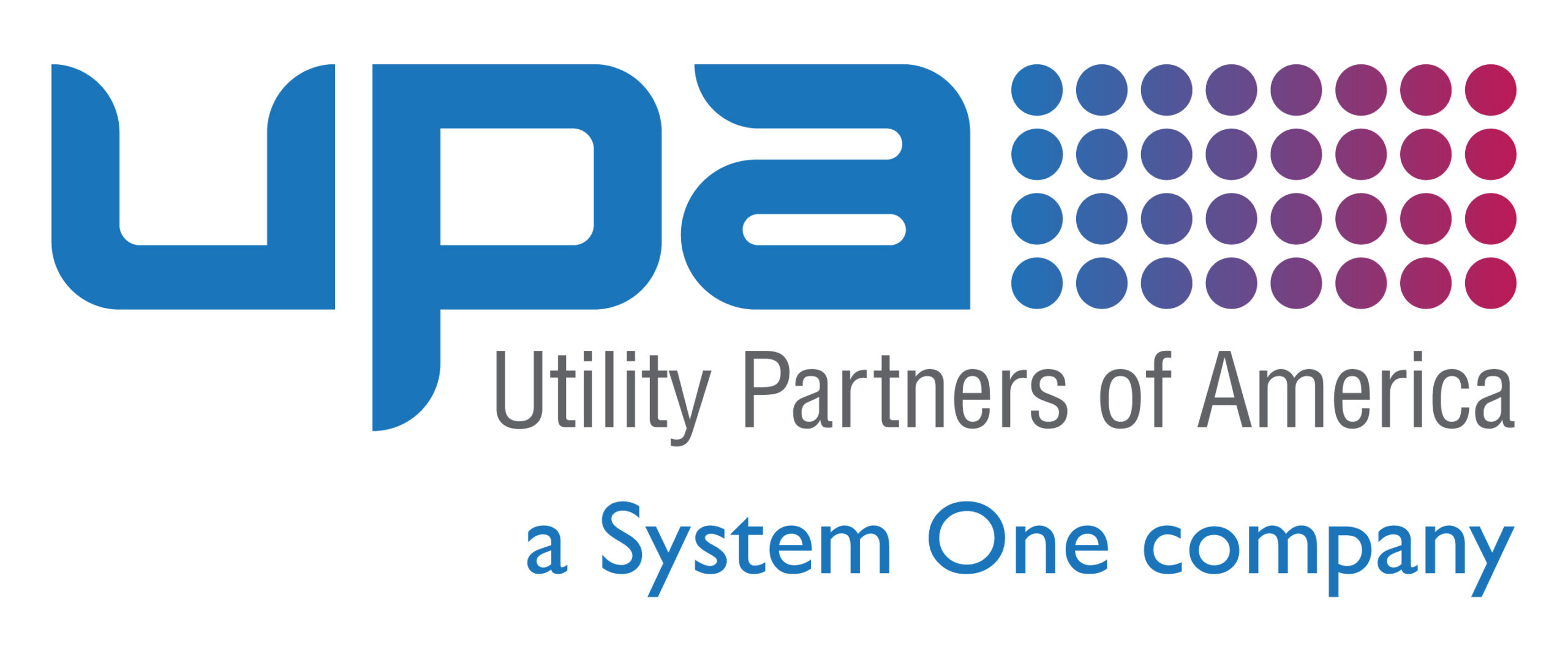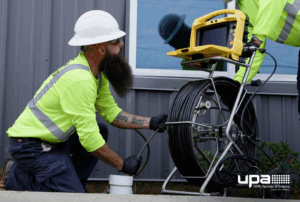In the past, consumers have unfairly stigmatized utility companies with labels like “slow-moving,” “inefficient” and “rigid.” Innovation has been slow in order to keep utilities running steadily, reliably, and reactive, and to make sure customers stay happy. Taking chances doesn’t always make sense when the health of a power grid is on the line. In more recent years, companies in this space have been able to shake off criticisms by striking a balance between deploying technologies and maintaining dependability. And it’s paying off.
McKinsey reports that utility companies using digital technologies are transforming operations and reducing operating expenses by up to 25%. Additionally, these same companies have seen gains of 20 to 40% in areas like safety, customer satisfaction, and regulatory compliance.
As a trusted partner of utilities and energy co-ops for more than 20 years, Utility Partners of America (UPA) has embraced the impact technology has had on the industry.
We can use real-time field service software to streamline workflows
By utilizing real-time field service software, UPA has streamlined the work we perform for our partners. Including the installation and maintenance of meters and utility assets. Its technicians in the field have the same access to data and instructions that its office-based employees do. This is especially important for work order management and collaboration.
With the click of a mouse, the schedulers we work with can assign jobs to technicians. Technicians can use their mobile devices to navigate to a work order location, they can use an audio recording to perform a pre-job briefing, they can snap a photo or document service work with a video. They can upload this content directly to the work order in real-time and share it with their colleagues and their customers. Once there is a completed work order, data entry analysts can seamlessly review field images to confirm the technicians completed the work and that it meets all quality standards. Because of this technology, UPA is working more efficiently and constantly improving its performance.
We can eliminate paper-based methods to accelerate growth
Moving away from paper-based processes facilitates a utility company’s ability to scale up with the aid of technology. For example, let’s say a company is set to begin servicing several new, large housing developments. In addition to meter installation, reading services and vegetation control will become fixtures in the future. Paper-based workflows are already prone to errors, and that risk becomes multiplied when you start increasing the number of jobs. Now, instead of managing five different papers for that day’s assignments, your technician might have to juggle seven or eight. Strapped for time, the technician’s sloppy handwriting becomes illegible, which means a return visit to read the meter, or an error when someone enters the data.
Those problems don’t exist with UPA. Because our technicians utilize software that they access via mobile devices, they can easily toggle from job to job. All without the fear of losing materials. Technicians receive queues with tasks to complete for the day, so they don’t forget or overlook anything on their schedule. Since the technician handles all monitoring digitally and seamlessly pushes updates through the mobile device, they are able to work more efficiently. This means more time to take on more tasks.
We can make your customers’ data (and your business) more secure
While the world of cybersecurity can send shivers down the spine of some company leaders, many data breaches have nothing to do with digital properties. In fact, in companies with under 500 employees, 61% of those breaches involved paper records. How can that be? Because paper is incredibly accessible and hard to protect. It’s easy to consider a scenario in which an employee prints a piece of paper with sensitive information on it, leaves it on a desk, and mistakenly throws it away. Technology, like the software UPA uses, alleviates that concern because there is no paper to lose.
In addition, we’re able to set permissions-based controls. Only certain employees can have access to sensitive customer or company data.
If you’re with a utilities company or energy co-op and you’d like to learn how the technology UPA uses can benefit your business, contact us today.




